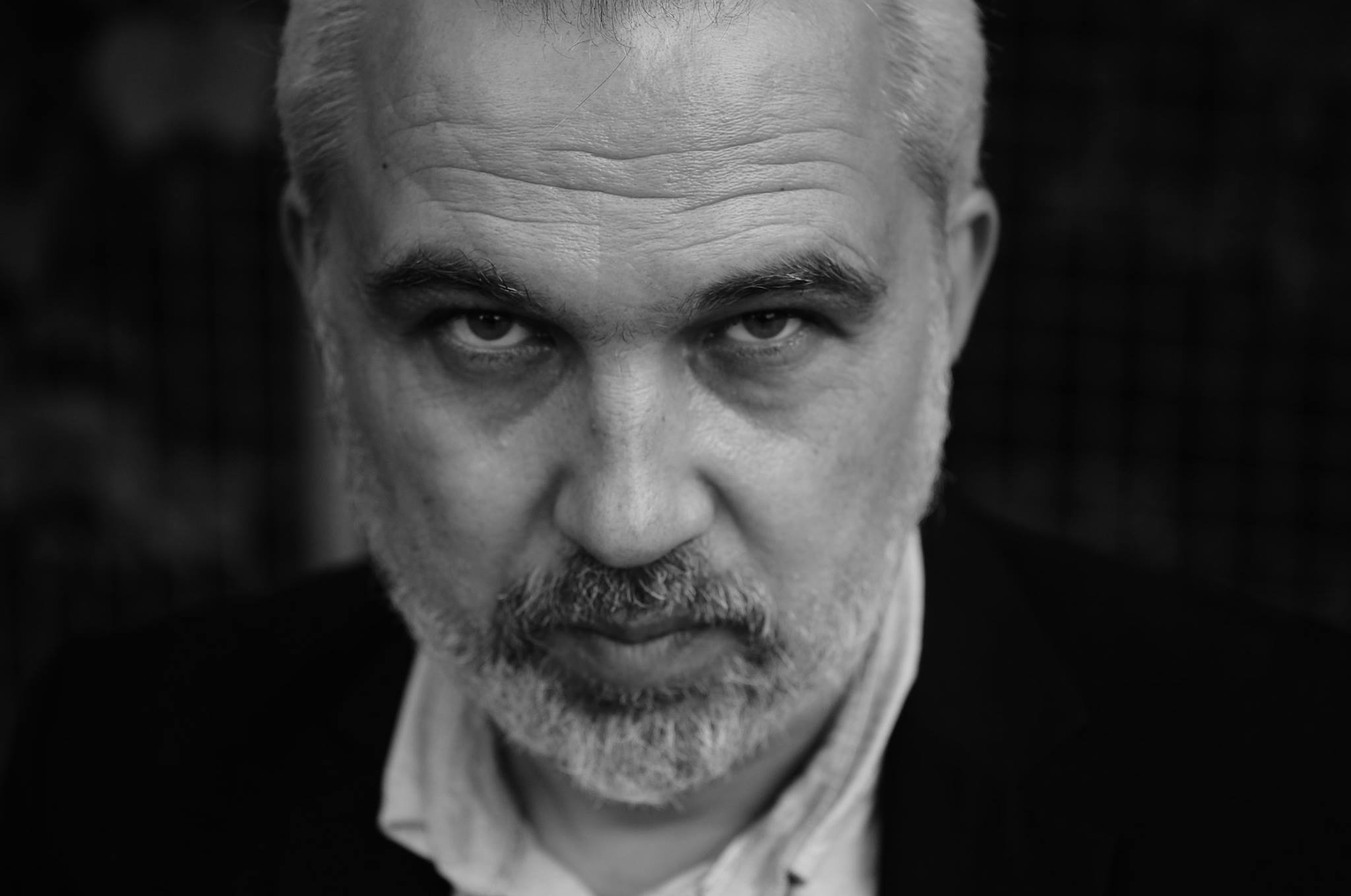Europe today is where they know exactly what “fascism” and “extremism” are

The Belarusian regime regularly adds to the lists of people, organizations, and materials it has labeled “extremist”. Two more books in Belarusian have recently been added to such a list. Alhierd Bacharevič, a Belarusian writer whose novel Dogs of Europe appeared on the “extremist” list back in May, writes about Europe’s silent reaction to the book ban happening in its very center:
“First, when Zmitser Lukashuk’s book Belarusian National Idea was labeled as extremist in Belarus, they did not speak out. This was the Belarusian national idea after all – and they are afraid of the word ‘nationalism’.
Then, when the novel Dogs of Europe was declared extremist in Belarus, they did not speak out. This was a Belarusian novel after all – and Belarusians only have the right to complain and testify, not write thick novels.
Then, when a historical study about Nazi agrarian policy in Western Belarus was deemed extremist, they did not speak out. They were afraid of the word ‘Nazism’ and, honest to god, saw no difference between Nazism and nationalism.
Then, when young Joseph Brodsky’s children’s poem about a little tugboat was labeled extremist in Belarus, they did not speak out. It’s because they didn’t even know it existed. But the next day, they decided that it was a curious anecdote worth a couple of lines on the last page of a newspaper. A Nobel laureate and a Russian, after all. But they didn’t mention that it was a translation into the Belarusian language – because they didn’t know it existed.
Then, when Arlou and Tatarnikau’s book Aichyna (My Fatherland) about Belarusian history was declared extremist in Belarus, they did not speak out. It’s Belarusian history, after all, and it’s always wrong and made-up. That’s not what they teach schoolkids and college students in the West.
They lived in free and peaceful democracies. They were terrified of the word ‘extremism’. They were fearful of history and considered the word ‘national’ a swear word. And in this, they were not much different from those who had banned these books. They longed for the easiest answers and solutions. Say nothing. Forbid. Don’t issue visas. Block. Cancel. Abolish. Don’t let in. Discriminate against. Forget.
They were always geared up to teach others about democracy and freedom of speech. I called them the West, and they called themselves Europe. But I know that my violated and mutilated homeland is Europe, too. Fighting Ukraine is Europe. Europe is where there is pain, death, and fear. Europe is where people are fighting the empire, where they are dying for freedom, where innocents are being imprisoned by the thousands. Europe is where books that don’t claim nothing has changed are written. Europe is where old words have lost their old meanings. Europe today is where they know exactly what ‘fascism’ and ‘extremism’ are. Europe is where it is generally understood that ‘peace’ is not achieved by capitulation and compromises. Europe is an eternal exile to the homeland. Europe is where a war is raging. The war against people, nations, languages, books, and values.
They will keep silent and teach us to fight for freedom of speech, of which they don’t have the slightest idea.
We’ve been to a lot of places in the last two years. We have seen people who understand far more than their governments do. We’ve heard words of encouragement in many different languages. We’ve talked in different languages about what is going on in Europe. We were listened to. Our words were translated into different languages. We were asked to sign guest books. We were embraced. Sometimes, we were invited to complain. But all should be wrapped up within 45 minutes. Otherwise, the audience would get bored. They called for dialogue.
But the loudest of all was the silence that we got in response.”